
Looking to reduce youth initiation into tobacco products, the FDA takes steps against menthol cigarettes and flavored cigars.

Looking to reduce youth initiation into tobacco products, the FDA takes steps against menthol cigarettes and flavored cigars.

Although college drinking develops into an addiction, overconsumption and especially binge drinking patterns are often preludes to alcohol use disorder, with approximately 1 in 10 students meeting criteria for AUD.

A recent study tested a new digital therapeutic for effectiveness on both substance abuse and depression.

Government funding for the drug addiction crisis is on the way.

Enlightening survey results reveal what psychiatrists think about medical marijuana/cannabis use, how or whether to discuss with their patients, and what biases might get in the way of such conversations.

The sharply decreasing perception of risk and easy accessibility of cannabis has many patients turning towards it, despite the potential negative effects.
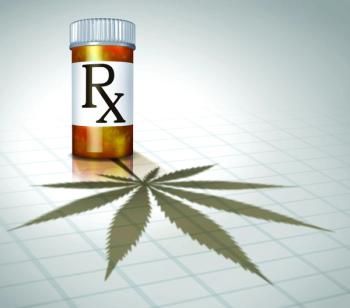
As patients flock to CBD as a “natural alternative” to medications, the FDA continues to crack down on false claims.
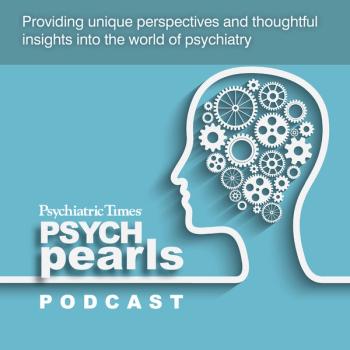
How can we save more lives and prevent overdose deaths? Lloyd I Sederer, MD, a psychiatrist, expert in public health, and author provides insights.
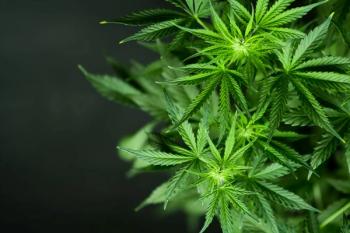
A synthesis of quantitative reviews on the relationship between cannabis use and psychosis.
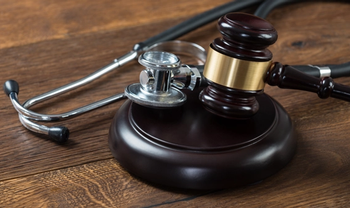
Should a patient at the end of her life have access to psilocybin, even if it’s illegal?

Psychiatrists face diagnostic puzzles almost every day. Find out how one clinician cracked a tough case.

Many patients with bipolar and other psychiatric disorders believe it is better to wait to address cigarette and other nicotine use. Here is why that is not necessarily the case.

Some commonly used drugs and narcotics have serious cardiovascular effects.

Black soldiers’ lack of access to opiate analgesics and antidiarrheals was typical, not exceptional, when considered within the broader scheme of Civil War medicine.

What digital therapeutic treatment for opioid use disorder will soon be available to complement psychiatric care?
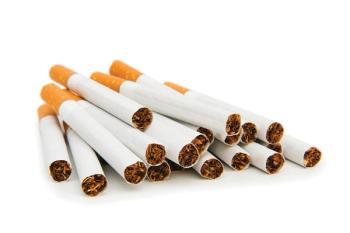
Two recent papers look at the subtle and surprising links between smoking and pain in different parts of the body.
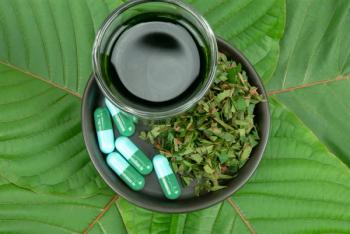
Research on a new kind of cannabis treatment prepares to move forward.
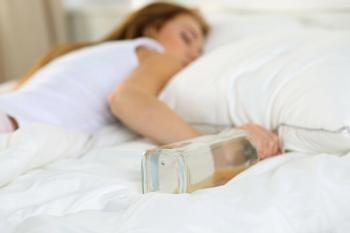
Are people with high "neuroticism-depression" likely to drink more than the average person when stressed? We may be getting closer to the answer.
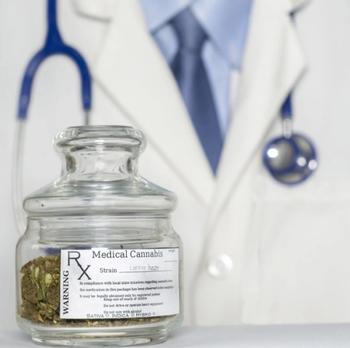
Look at the big picture on cannabis: what harmful effects could it potentially have on your patients' brains?

1 in 6 people with opioid use disorder experience a new traumatic event every month, but no evidence-based treatment for trauma.

What are your thoughts about prescribing medical marijuana/cannabis to treat psychiatric disorders?

What are your feelings about the utility of cannabis in psychiatric practice?

With opioid use disorder, a tiny fraction of young patients are getting treatment, which would not be acceptable for any other medical condition.
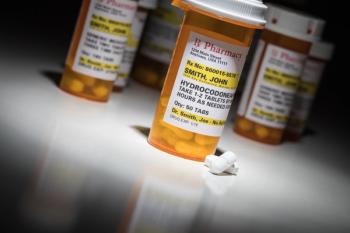
The Department of Health and Human Services moves to reduce administrative procedural barriers to OUD treatment.
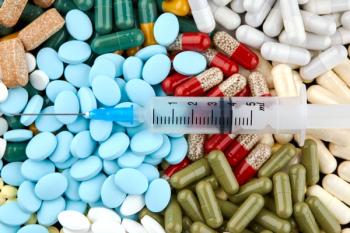
In an ADAPT-2 study, a combination of injectable naltrexone and oral bupropion showed promise for methamphetamine users.